Managing the Conflict Inflection Point
The article talks about how conflict is a normal part of life, whether it’s at work or in personal relationships. It says that conflict can be good because it can lead to new ideas and solutions. But it can also be bad if not handled well, leading to problems like misunderstandings and wasted time. It gives tips on how to deal with conflict, like facing it instead of avoiding it, encouraging people to speak up respectfully, and being open about your own struggles with conflict. It also explains different ways to handle conflicts, like compromising or collaborating. Overall, it says that conflict can be a chance for growth if managed properly, and that leaders should learn how to handle it well to keep things running smoothly.
The 5 E’s That Are Key To Service Recovery
The article talks about how important the service industry is for the global economy and how it’s facing challenges like the COVID-19 pandemic, supply chain issues, and labor shortages. Despite these problems, it’s crucial to be compassionate towards service failures. Recently, there’s been an increase in complaints about service failures, like airline mishaps or mixed-up restaurant orders. The industry hasn’t been responding well to these issues. One reason could be that companies are spending more time training new hires, leaving fewer experienced workers to handle customer service. To address these problems, service managers can focus on service recovery, where they quickly acknowledge and fix customer issues. They can empower employees to make decisions, use technology to streamline services, foster a customer-centric culture, and recognize and promote employees who excel in handling service failures.
Can diversity, equity and inclusion initiatives be advanced remotely?
Remote work might enhance or inhibit DEI initiatives — the jury is still out, and it might be a decade in deliberation. Still, while there are moral aspects of DEI, it is also good for business. A diverse, equitable, and inclusive culture is a win-win for all stakeholders, and achieving this joint gain in a remote work-world will be a primary challenge over the next decade.
Gimme Shelter: Soaked By Organizational Change
The article likens organizational change to a sudden summer storm. It suggests that when change is introduced abruptly and without clarity, employees may react by resisting, passively accepting, or actively collaborating. However, once the change subsides, those who are closely aligned with the initiators may find themselves associated with any resulting damage or wounds. It advises against blindly aligning with change initiators without considering the potential consequences after the storm of change passes.
The Power of Saying “I’m Sorry” and “You’re Forgiven”
The article emphasizes the importance of effectively apologizing and forgiving in both work and personal life. It suggests managing pride and cultivating self-awareness to apologize gracefully, especially when new or starting a career. By acknowledging mistakes with humility and proposing solutions, individuals demonstrate growth and learning. Similarly, forgiving others involves managing reactions, staying calm, and offering support without judgment when witnessing mistakes. This approach not only fosters healthier work environments but also contributes to personal growth and professional development.
We can get beyond COVID’s legacy of collective trauma
The article discusses the profound impact of the COVID-19 pandemic, not only in terms of fatalities and infections but also in terms of the lasting mental and emotional toll it has taken on individuals and communities. It highlights the concept of collective trauma, wherein people worldwide have experienced shared suffering and isolation due to the pandemic’s effects. The article delves into the realities of COVID-19, such as its invisible nature and the challenges it poses to bonding and connection among people. It also explores the various ways in which the pandemic has affected mental health, including increased anxiety, depression, loneliness, and relationship strain. Moreover, the article discusses the concept of post-traumatic growth and offers advice on how individuals can navigate their healing journey, acknowledging the trauma they’ve experienced and taking steps towards personal growth and resilience. Additionally, it emphasizes the importance of societal and organizational support in addressing and destigmatizing trauma, urging employers to implement policies that support employees’ mental health and well-being. Overall, the article encourages readers to recognize and address the profound impact of COVID-19 trauma while striving for personal and collective healing and growth.
Boomerang employees’ could be the untapped talent pool bosses have been looking for
The Great Resignation of 2022 may soon turn into the Great Return of 2023, as employees who confidently quit their jobs in search of a brighter future have instead found out that their destinies may just be back with their original employers.
The Best Managers Are Leaders — and Vice Versa
Most of the long-running debate over “leaders” vs. “managers” focuses on nouns when it should focus on verbs. Everyone needs both “leading” and “managing” in their work, and the best executives balance the two. Over the last 15 years, the author asked a thousand executives about the difference between leading and managing, recording their responses. The distinction remains interesting and important, but it’s healthier as a balance that every individual tries to strike instead of as two distinct skillsets or roles within an organization.
Transfer The Transformation: How To Bring An Outdoor Expedition Home
The article explores the human pursuit of personal transformation and leadership development, drawing similarities to the metamorphosis of frogs. It discusses how challenges and experiences, such as outdoor expeditions, can facilitate personal growth and self-reliance, akin to the concept of “Twice Borns” in William James’ philosophy. The article further emphasizes the importance of not only undergoing transformation but also effectively transferring newfound skills and perspectives to everyday life. It suggests strategies for successful transference, including reflection, communication, and integration of experiences with familiar environments.
5 Self-Sabotaging Traps to Avoid at Work
The article discusses five common missteps people make in their early careers and offers advice on how to avoid them. It emphasizes the importance of balancing confidence with humility, being mindful of communication with senior colleagues, avoiding boastfulness about relationships with higher-ups, prioritizing quality over quantity in task completion, and advocating for one’s own perspective while avoiding groupthink. By addressing these pitfalls early on, individuals can position themselves for success and avoid potential setbacks in their professional development.


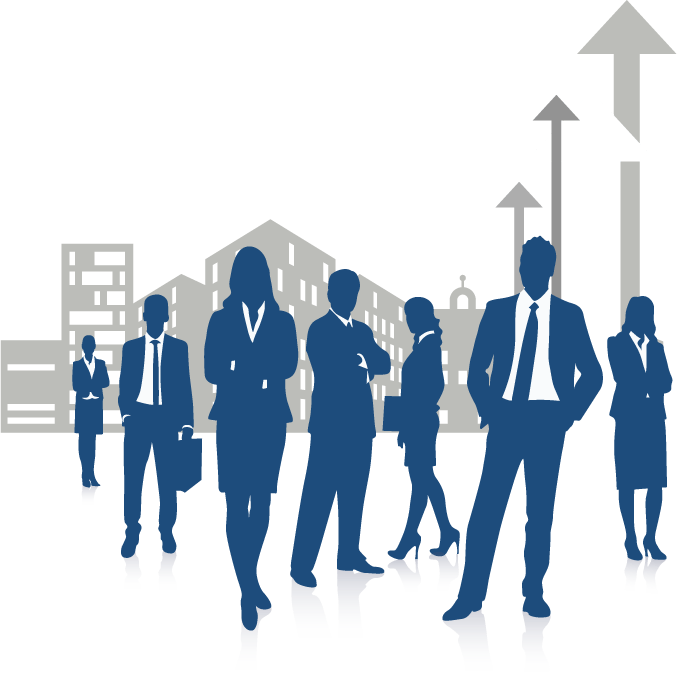

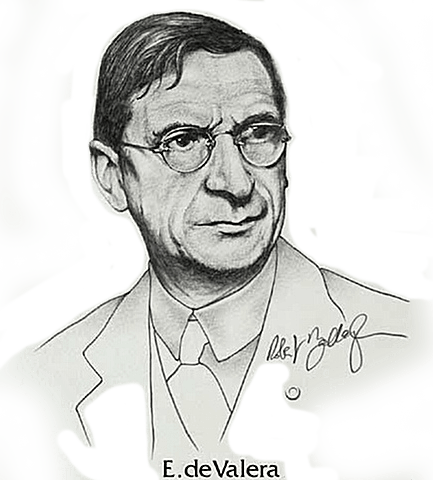


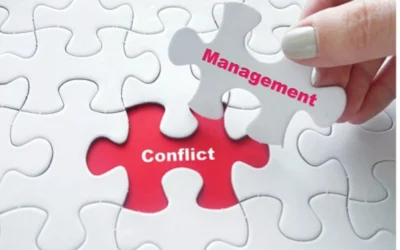




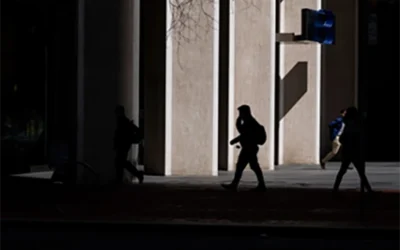
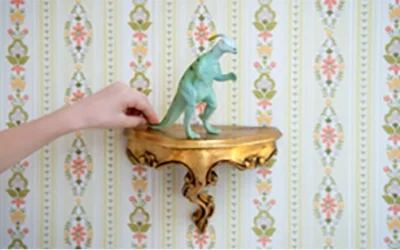

 Subscribe to my channel
Subscribe to my channel
